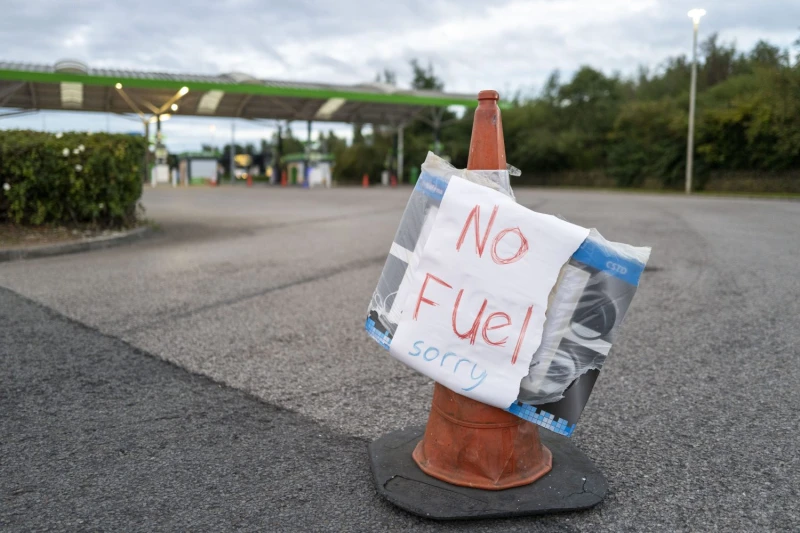By Agencies
The head of the French oil and gas concern TotalEnergies, Patrick Pouyanne, said in an interview with Bloomberg that an energy crisis in the European Union is inevitable.
The attitude of the CEO of one of the world’s largest energy companies and a good knowledge of the true situation in the industry shatters the rosy dreams of Brussels officials about a quick refusal from hydrocarbon fuels and in overcoming high energy prices.
It is worth noting that the head of Total is not the first representative of the big business and experts to make such gloomy forecasts about the future of Europe. Representatives of such respected companies and organizations as Shell and the International Energy Agency, who have stated that Europeans will face a period of exorbitant prices for gas, oil, petrol, electricity and heating, as well as potential energy shortages, have repeatedly voiced similar conclusions in the press.
Most experts’ opinions on the causes of the ongoing and deepening energy crisis in the European Union boil down to two main problems, one being the European Commission’s ill-conceived populist campaign for an accelerated “green transition” and the other being the EU’s conflict with Russia. It should be recalled that over the past few years Brussels has been actively pushing to accelerate Europe’s transition to renewable, environmentally neutral energy sources.
Despite noble motives of such policy, modern technologies of solar, wind energy generation are not only inefficient, and dependent on natural phenomena, but are connected with a huge complex of problems of energy storage. In addition to the fact that solar and wind power generation cannot provide continuous generation and requires the retention of additional capacity from gas, nuclear, coal or oil-fired power plants, they use huge amounts of environmentally unfriendly materials and fossil fuels for their production and operation.
In addition to the untimely closure of reliable nuclear, gas, coal and oil-fired power plants, whose replacement by more expensive wind turbines and solar panels has led to power shortages and rising costs, the EU has been embroiled in a political and economic conflict with Moscow. Although the Russians had supplied Europe with quite cheap gas, oil and other fuels for decades, Brussels insisted on imposing numerous sanctions against Russia, including in the energy sector.
The result has been a dramatic reduction of supply and the need to buy resources from other markets at exorbitant prices. The result of the European energy policy has been a steady rise of electricity and heating tariffs, the closure of many energy-intensive enterprises and the elimination of tens of thousands of jobs.
Unfortunately, the energy crisis will hurt not only EU states, where their wealth and prosperity will be severely eroded, but also developing countries, which will have to compete with Europeans to buy oil, liquefied natural gas and vehicle fuel in the Persian Gulf.





